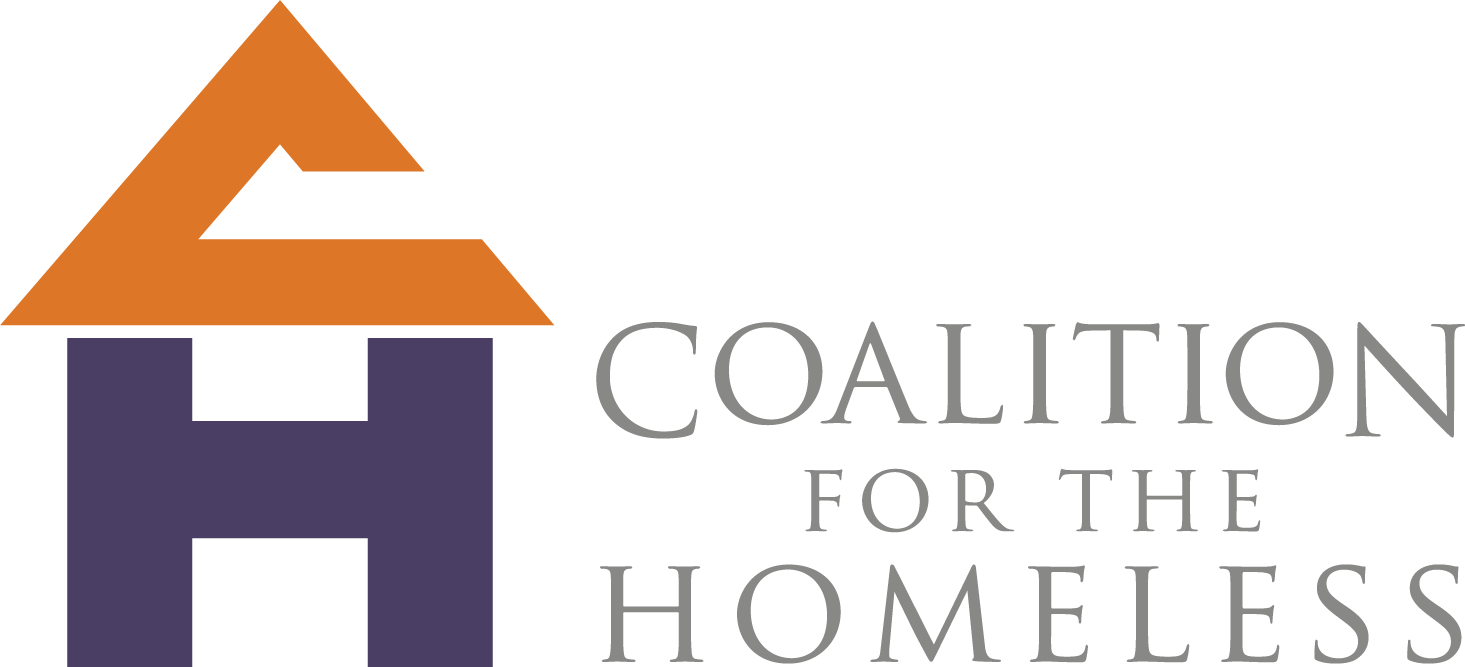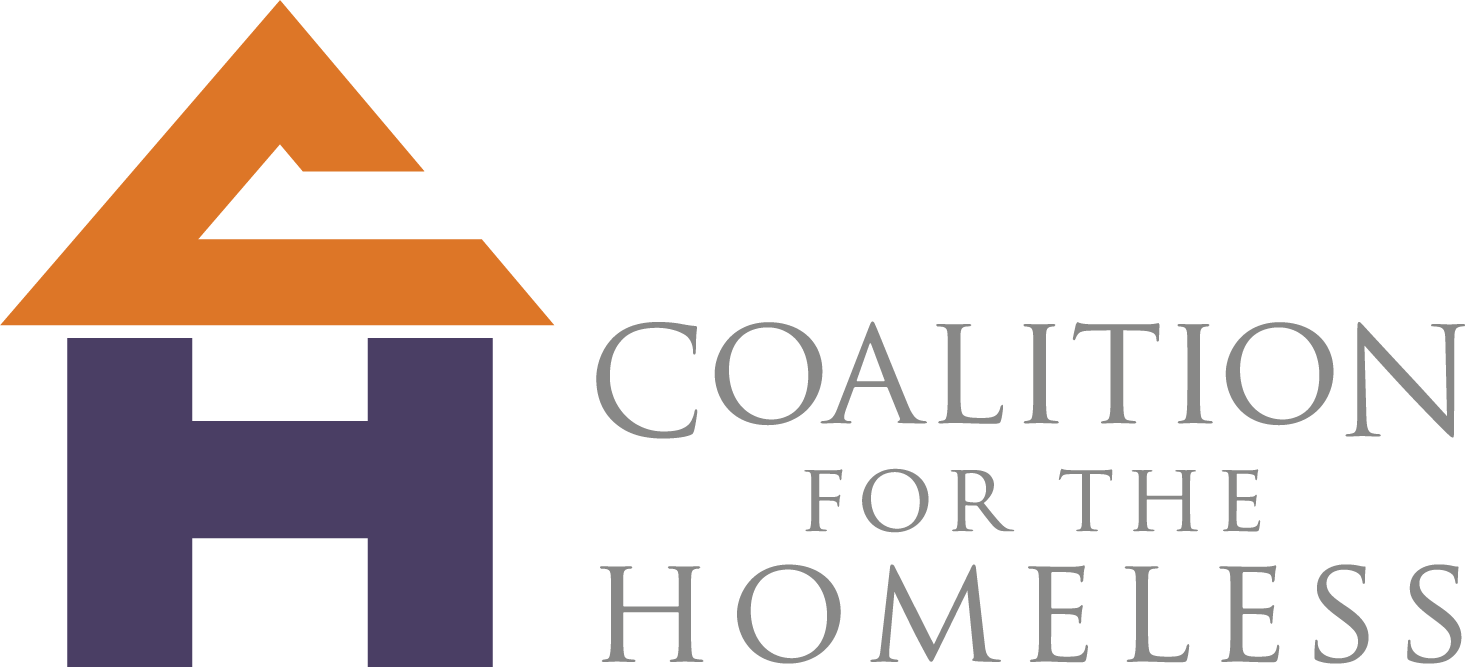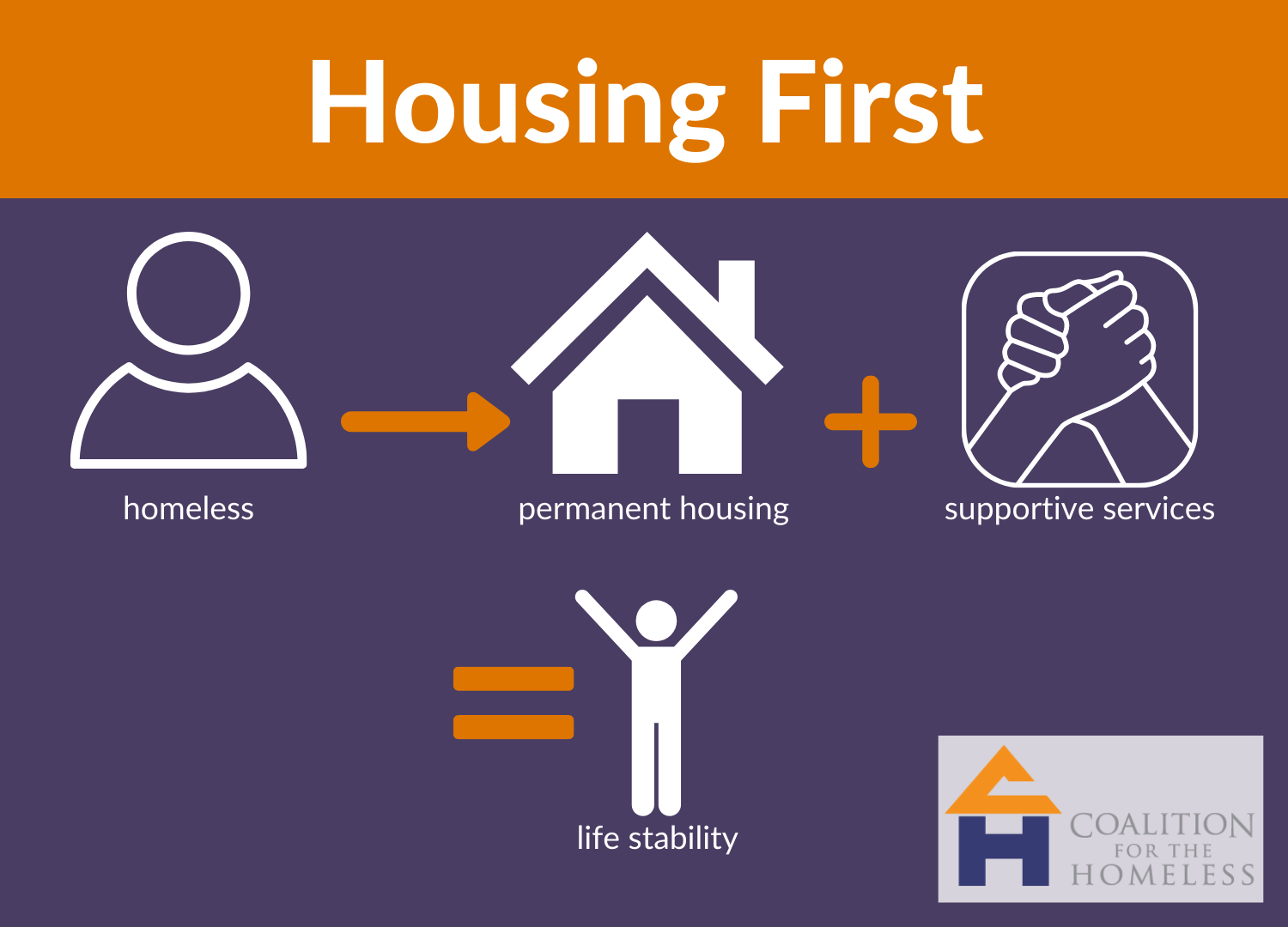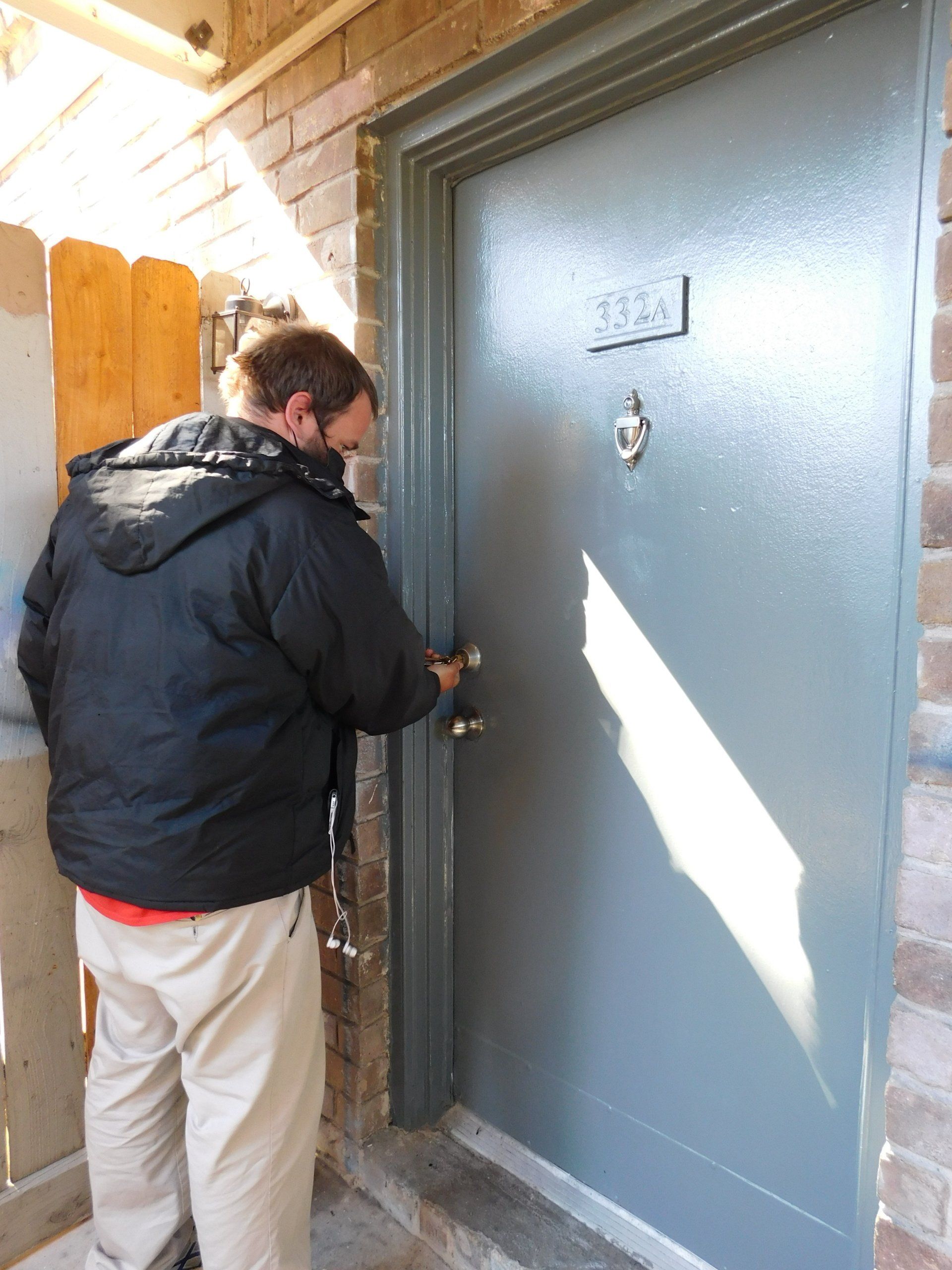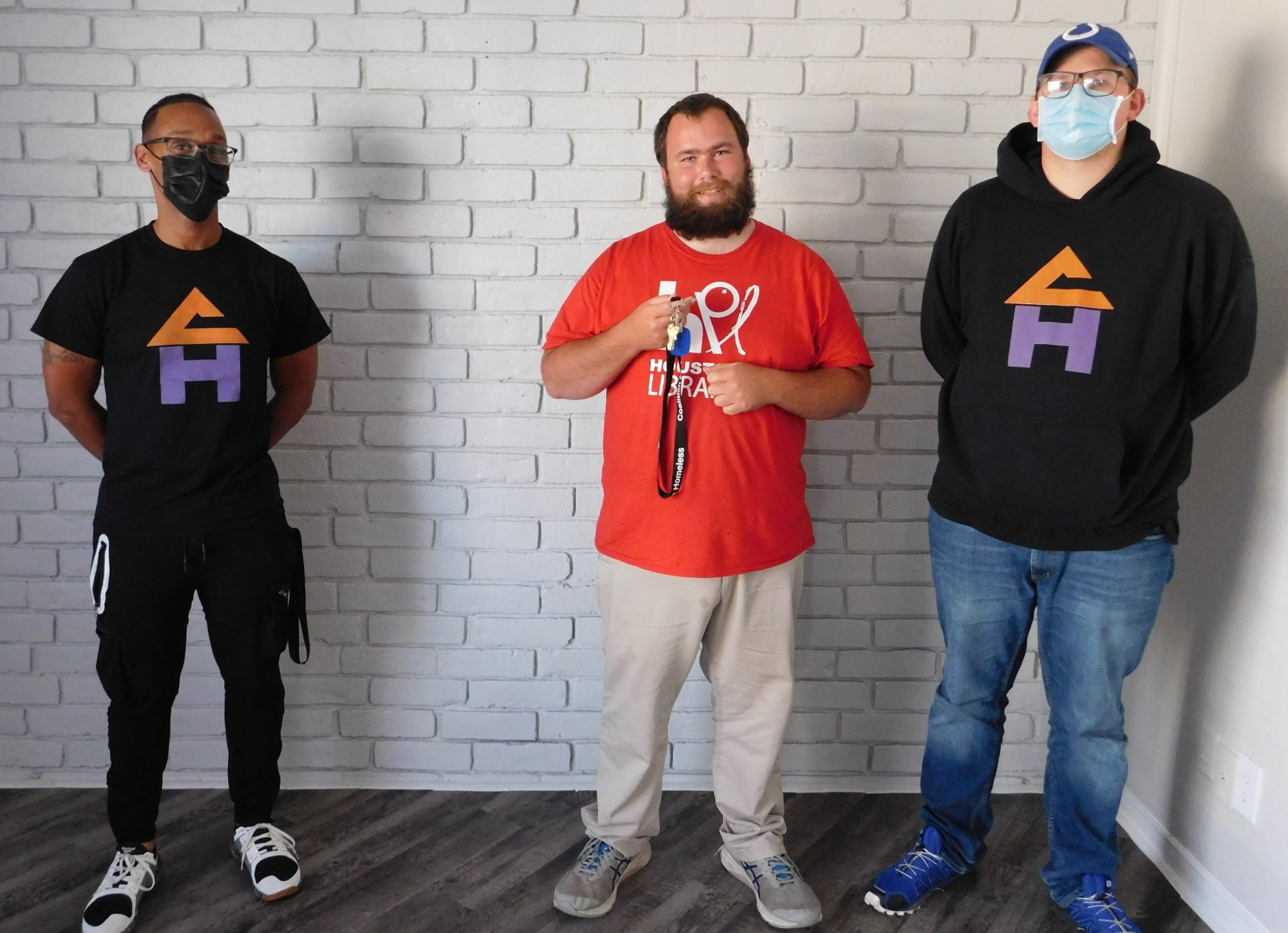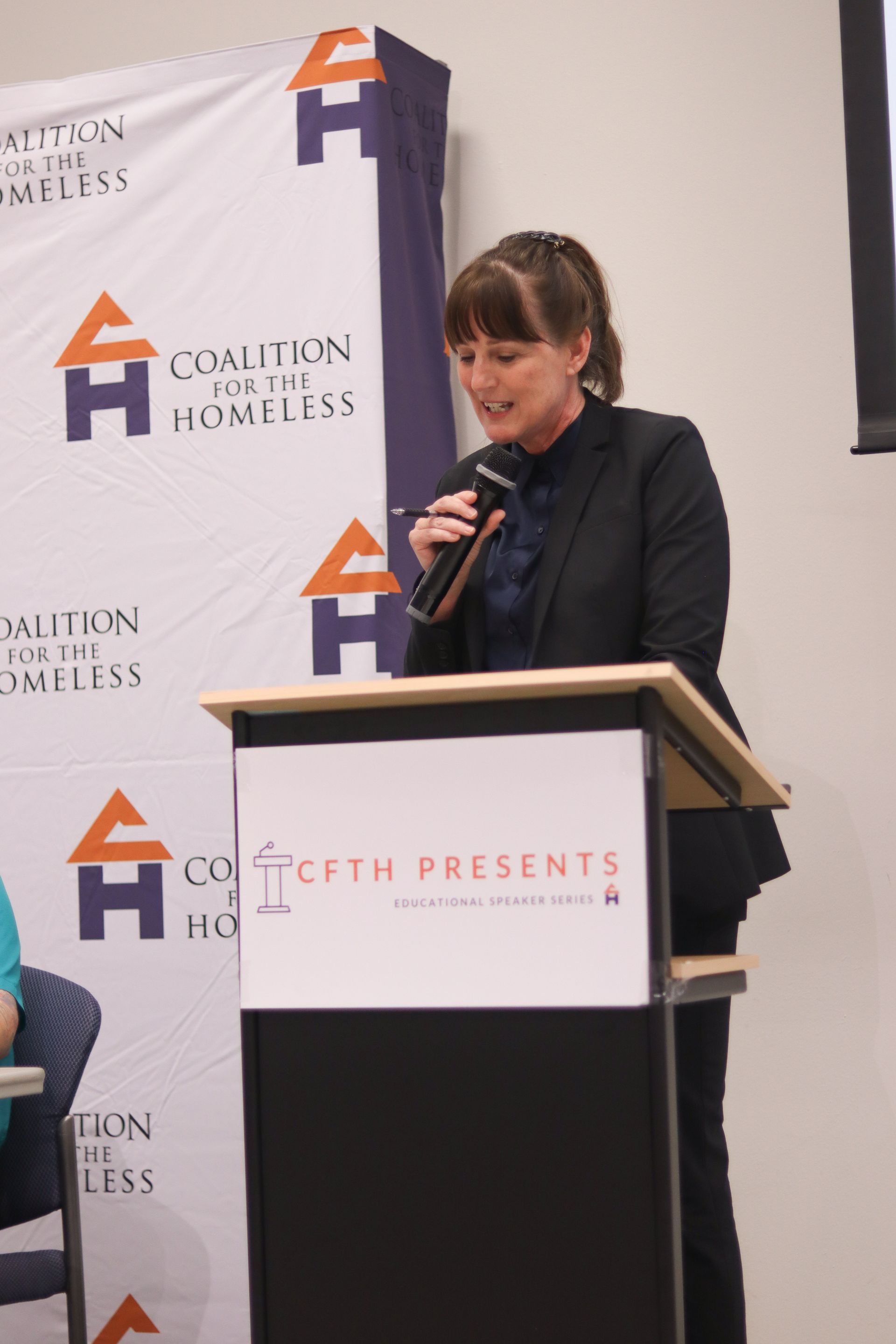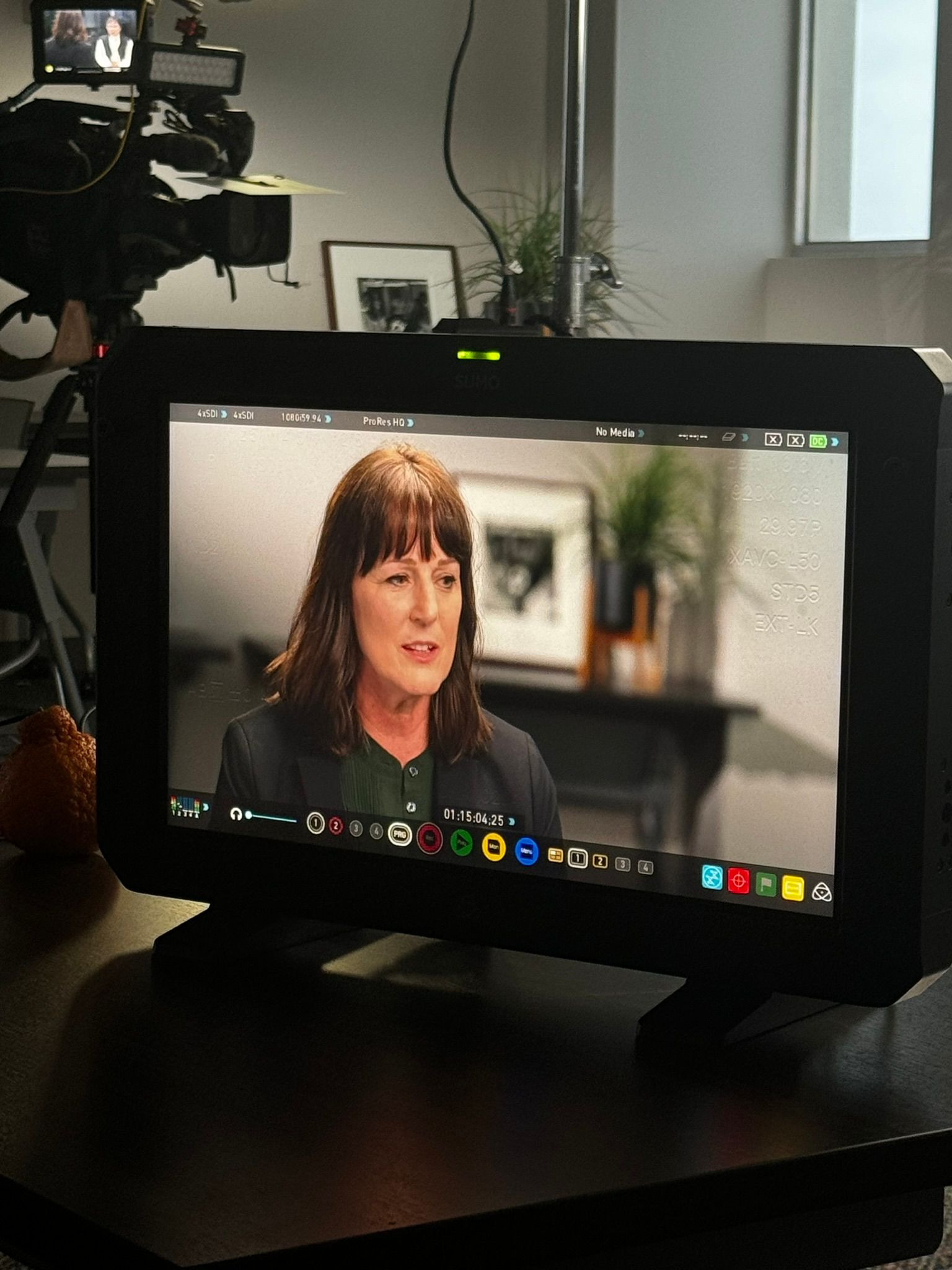On July 1, 2020, the City of Houston, Harris County, and the Coalition for the Homeless announced a joint $65-million plan called the
Community COVID Housing Program (CCHP) , which will serve 5,000 people experiencing homelessness over the course of two years in response to the COVID-19 pandemic.
This four-part series,
CCHP Explained , will dive into
how we are serving those individuals and families through our COVID response: two permanent housing programs (Bridge to Permanent Supportive Housing and
Rapid Re-housing), one new pilot intervention (Diversion), and four additional programs (Auxiliary/Social Distancing Emergency Shelters, Mental Health Case Management, Enhanced Street Outreach, and Permanent Supportive Housing Preservation).
Today, join us as we dive into
Bridge to Permanent Supportive Housing.
The Community COVID Housing Program (CCHP) will accelerate the work of
The Way Home Continuum of Care (CoC), which is the homeless response system in Harris, Fort Bend, and Montgomery counties, by serving approximately 5,000 individuals between October 2020 – September 2022. Of these individuals, we anticipate approximately 1,000 to be housed through the Bridge to Permanent Supportive Housing, or Bridge to PSH, program.
What is Bridge to Permanent Supportive Housing?
According to the
National Alliance to End Homelessness, Permanent Supportive Housing is
“an intervention that combines affordable housing assistance with voluntary support services to address the needs of [people experiencing chronic homelessness]. The services are designed to build independent living and tenancy skills and connect people with community-based health care, treatment, and employment services.”
In order to meet the chronic homelessness definition, an individual must:
- have a qualifying disability; and
- reside in a place not meant for human habitation, a safe haven, or an emergency shelter; and
- have experienced homelessness either continuously for one year OR experienced four episodes of homelessness in three years.
How does Bridge to PSH work?
Once a person is assessed for housing through Coordinated Access and then referred to the Bridge to PSH program, they are assigned a navigator. One of the first steps in navigation is assistance in securing needed documentation such as documentation of homelessness, documentation of disability, identification, and birth certificates. Navigators also assist with various challenges clients may be experiencing on their path into housing, such as substance abuse issues, mental health barriers, and overcoming criminal backgrounds.
Next, clients need a place to live. CCHP funding has allowed the Coalition to expand our
landlord engagement team. This team works hard to build relationships with landlords across the city and county and has secured hundreds of new properties since the start of the CCHP. This means that our clients have options to choose from when moving into the Bridge to PSH program, increasing their likelihood of remaining successfully housed.
Once the navigator has helped a client successfully move in, the navigator then introduces the client to their case manager. The case manager helps the client with their life moving forward including connecting them to mental health supports, income, and more.
Throughout the process, Coalition staff members, including
Sable Harris-Buck
and
Sandra Hoelscher, work behind the scenes to ensure all operations at our partner agencies are running smoothly. They help partners identify issues, problem solve, track data, and manage the program on a big picture scale.
Successes To-Date!

